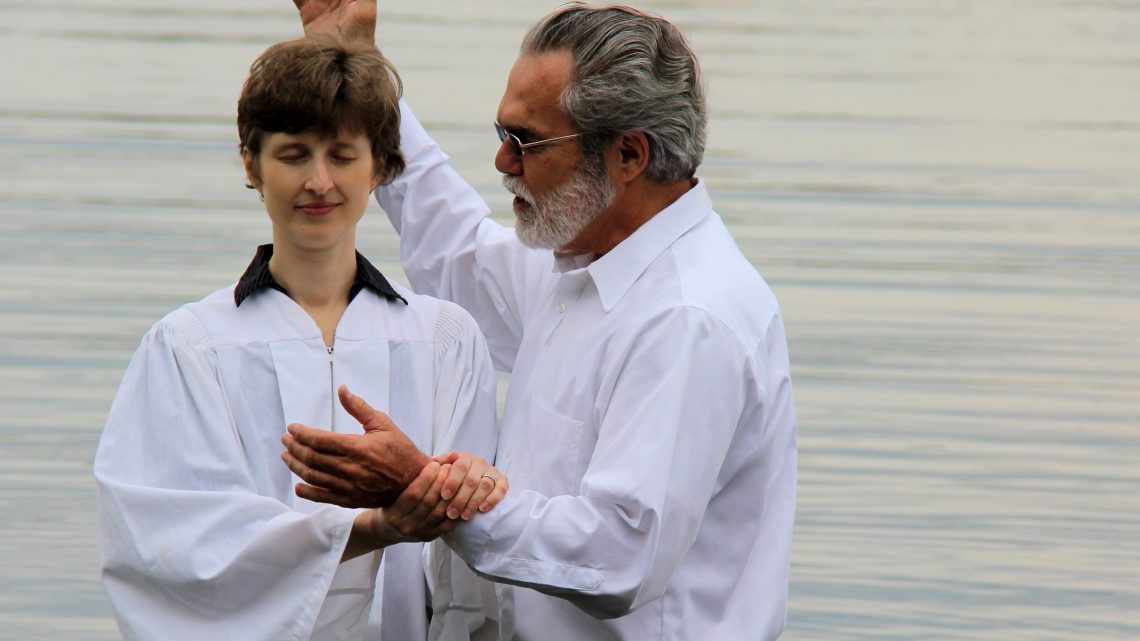In a previous article we considered briefly the privileges of belonging to the Seventh-day Adventist Church—something I have come to treasure deeply as I have matured over the years. This article will focus on the second part of a three-fold sequence on building a healthy church: membership has its responsibilities.
I was an early primary grades pupil when an American president immortalized in his inaugural address words that most of us can still recite—“ask not what your country can do for you—ask what you can do for your country.” Whether or not you agree with that politician’s policies, leadership or values is beside the point. The admonition is a good one for every earthly citizen.
For Americans, Thomas Jefferson’s Declaration of Independence has chiseled “life, liberty, and the pursuit of happiness” into our consciousness. But a government, in order to function, must depend on its citizens. To borrow from (and add a bit to) Abraham Lincoln, “government of the people, by the people and for the people” requires some responsibility from the people.
So it is with families; so it is with sports teams; and so it must also be with the church. The default is either dictatorship or anarchy.
We expect the church to have a coherent message and an effective structure; we expect the church to be user friendly for those who are members AND for those who will yet join; we expect the preacher to preach well and to value us as we value her or him; we expect leaders to be people of integrity with a solid work ethic; we expect the church to be a safe place in which we are nurtured in growth; and we expect it to be a cove of safety for our children. All of these and more are legitimate expectations of a healthy church.
But those things do not happen by wishing. They require people working in harmony to make it a reality.
Belonging to a local healthy expression of the body of Christ presupposes the individual taking responsibility for his or her part. In actuality that entails significant investments on the part of the church member, namely investments of resources and a commitment of the heart.
Investments mean different things for different people, but there will be some commonality. The Lord Himself asks for a portion of our treasure starting with His tithe and continuing with offerings. To withhold for any reason is to rob God. The church that does not need money is either dead or very unhealthy. Even if the church doesn’t seem to need money, members have both a need and a responsibility to give.
In the natural world the only things that take in but never give out are bodies like the Dead Sea or the Great Salt Lake. Practical life is not long sustainable in those waters. They become large cesspools.
Another investment is one of time. If the church had all the financial resources in the world, but no one was willing to invest in it with time on task, again, the church would seriously lack health.
A third investment is that of talent. No church can expect to be healthy enough to grow if the membership merely sits on their abilities and expects the pastor to do it all. That is not good for the church body, the individual member, the pastor or the community.
A paraphrase of that long-ago speech might go like this: “ask not only what your church can do for you—ask also what you can do for your church.”
Next time we will consider the concept that membership has its opportunities.








